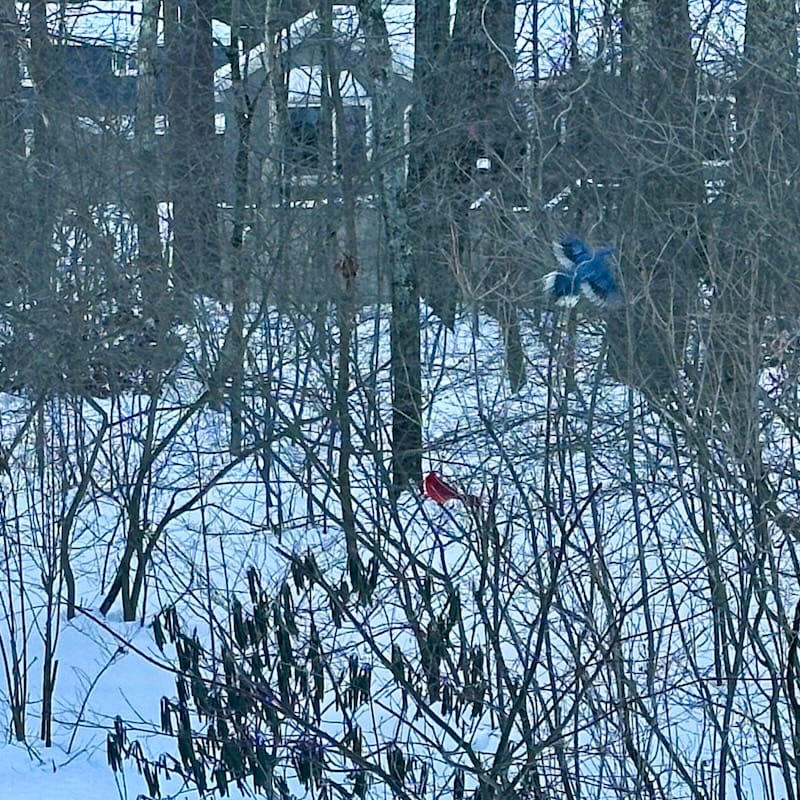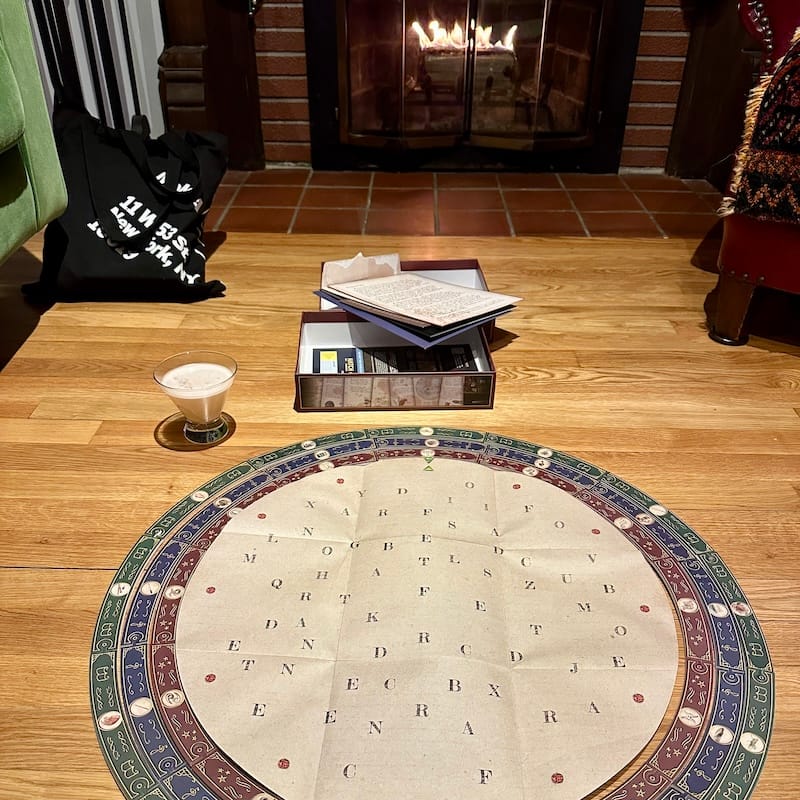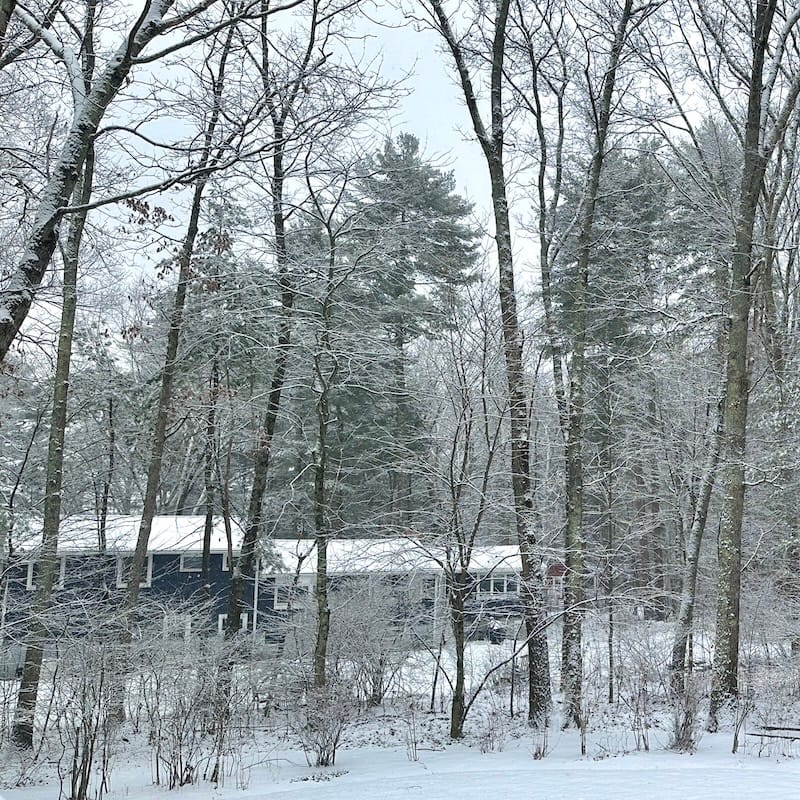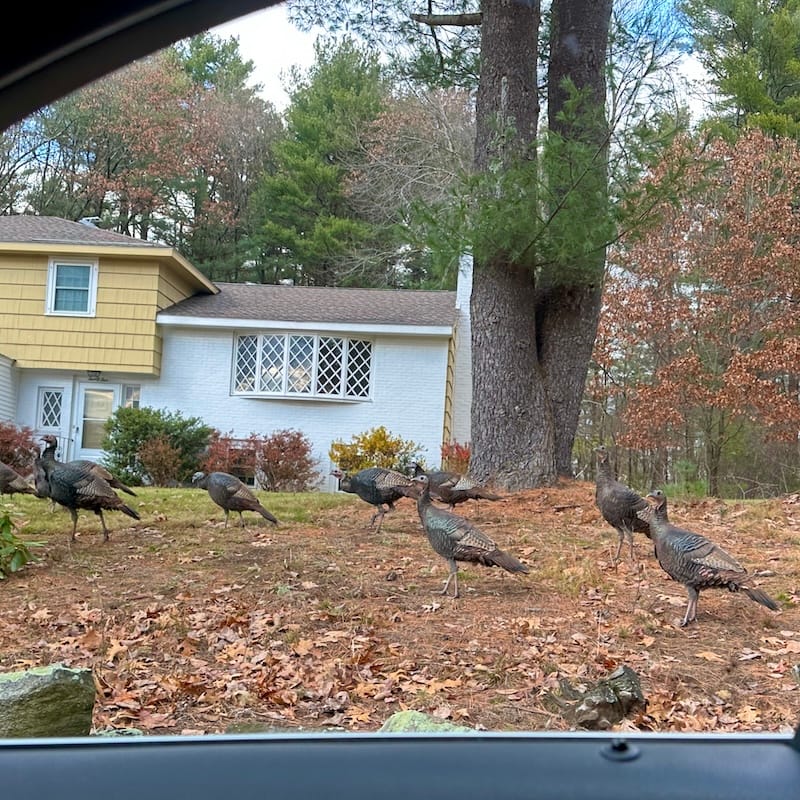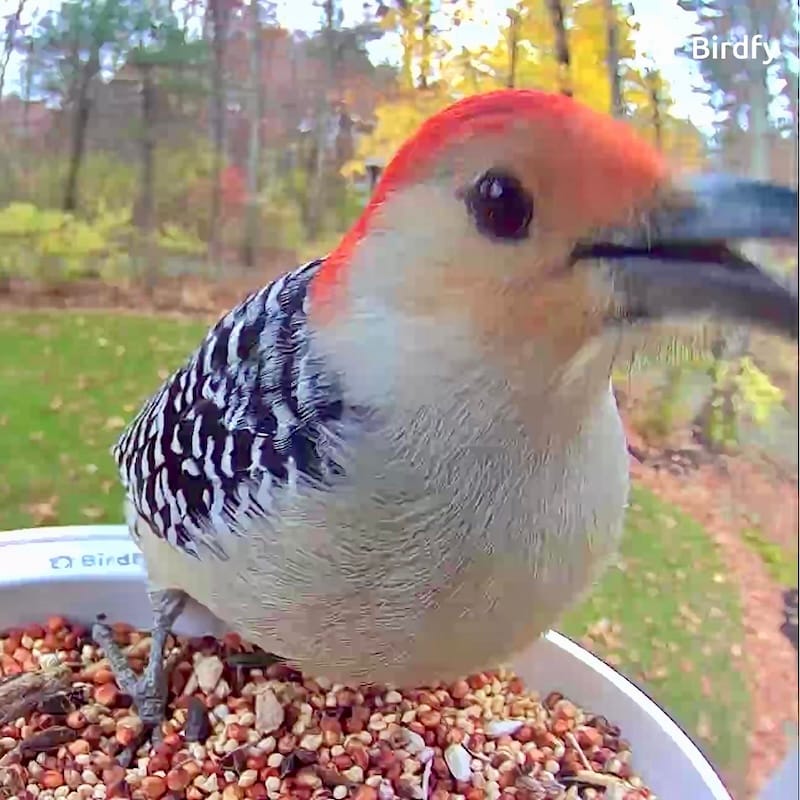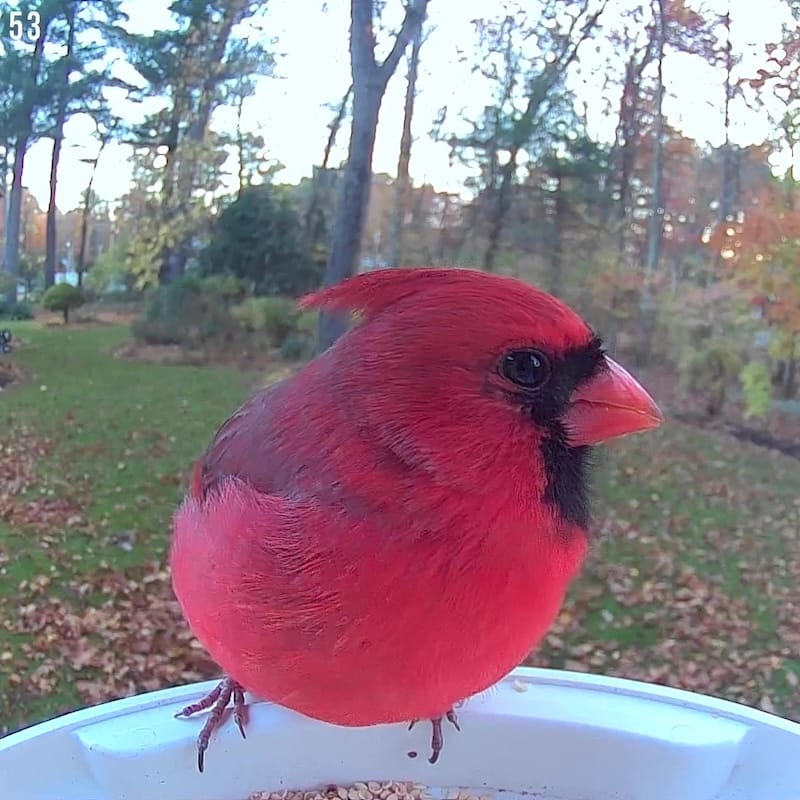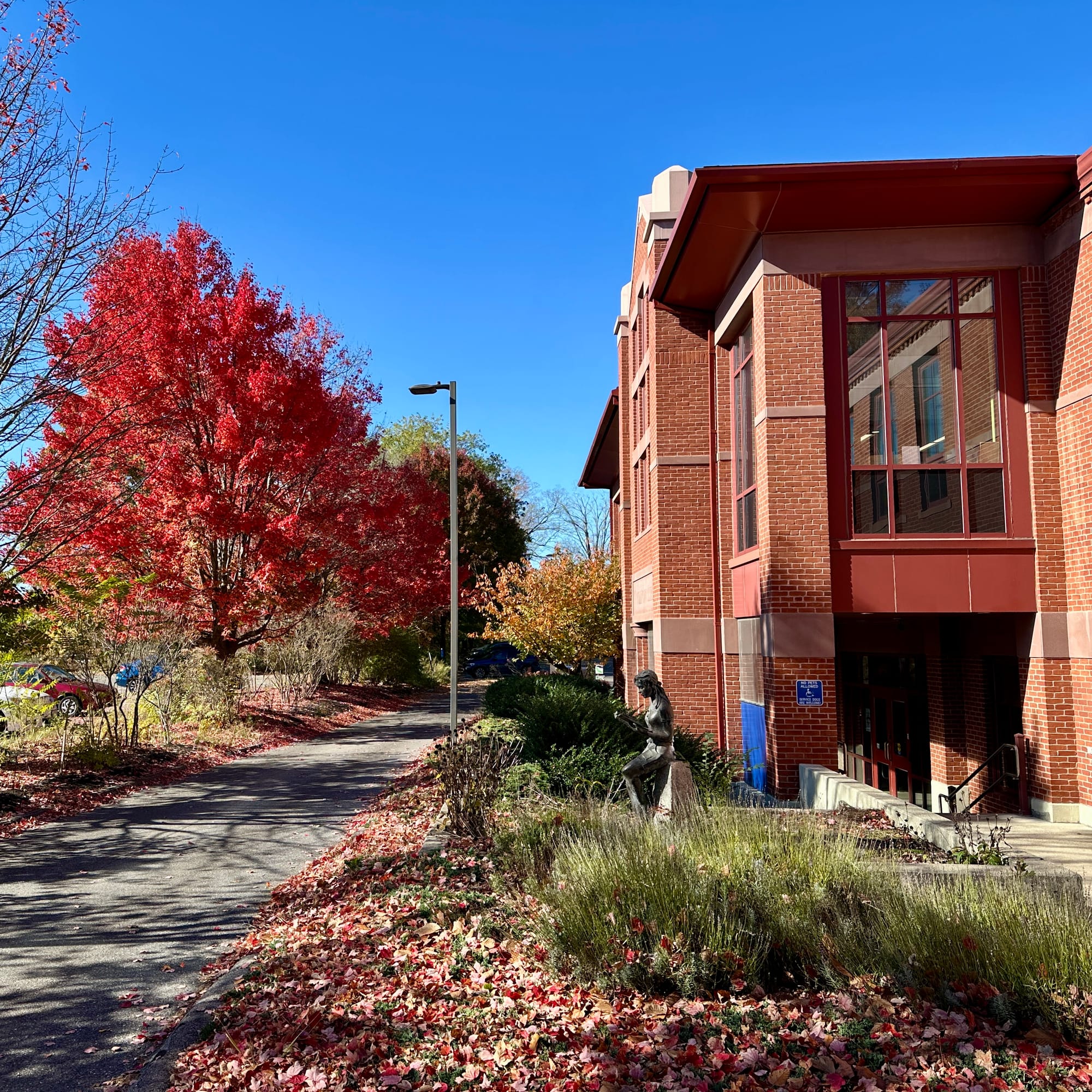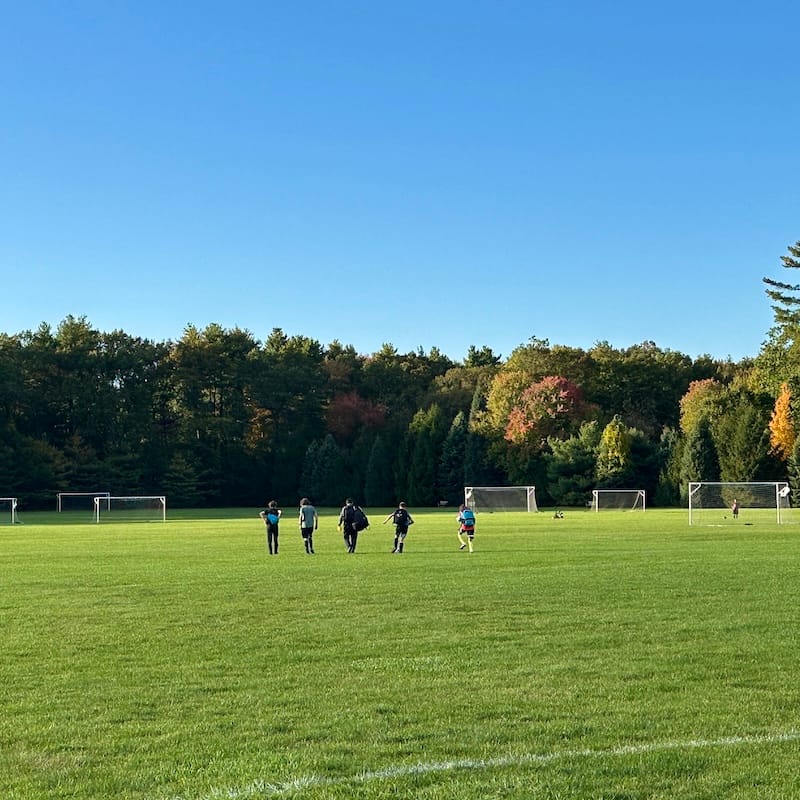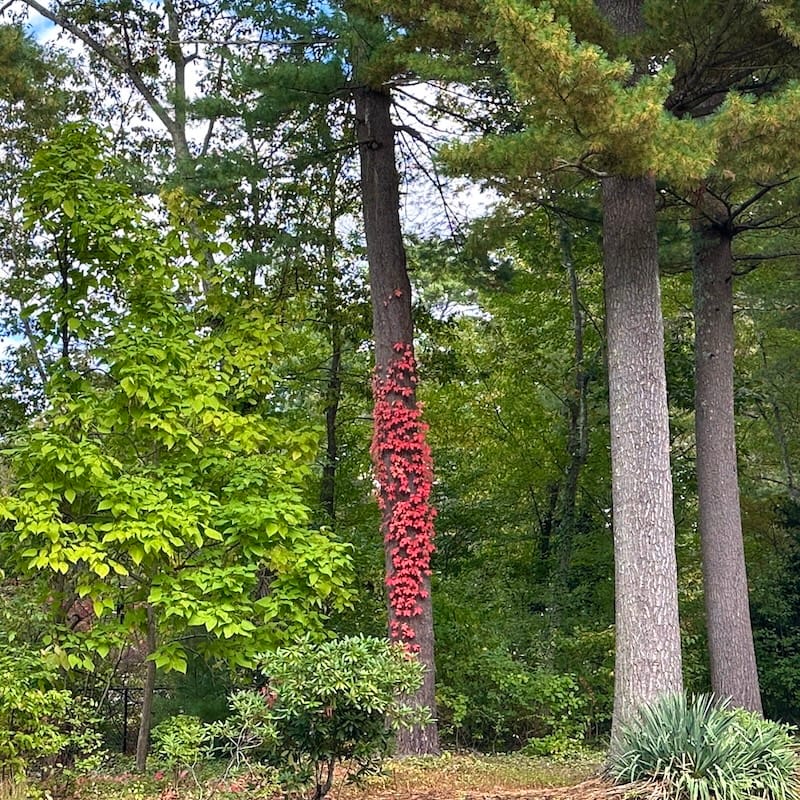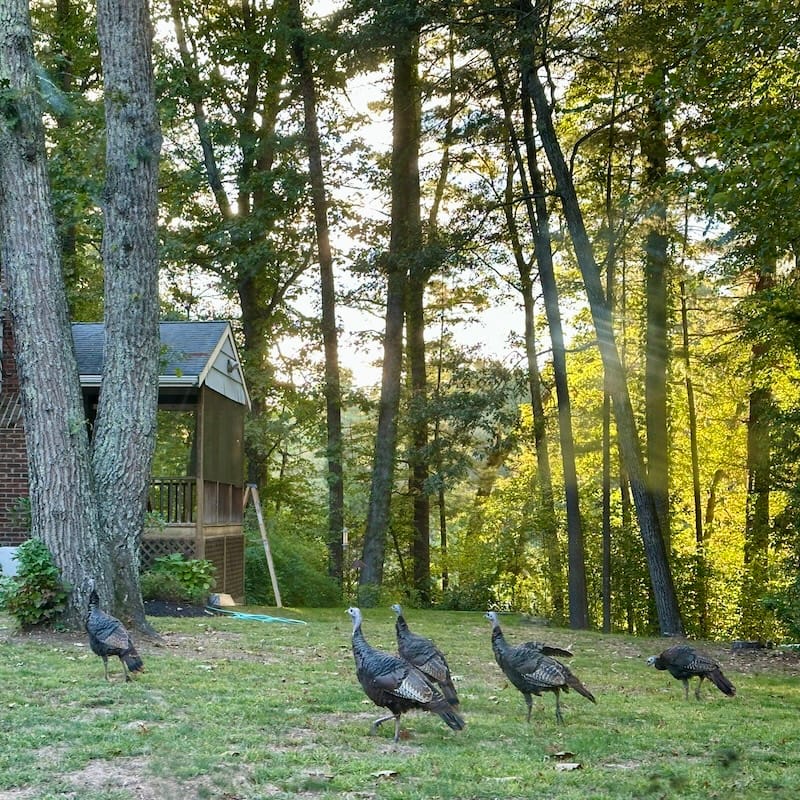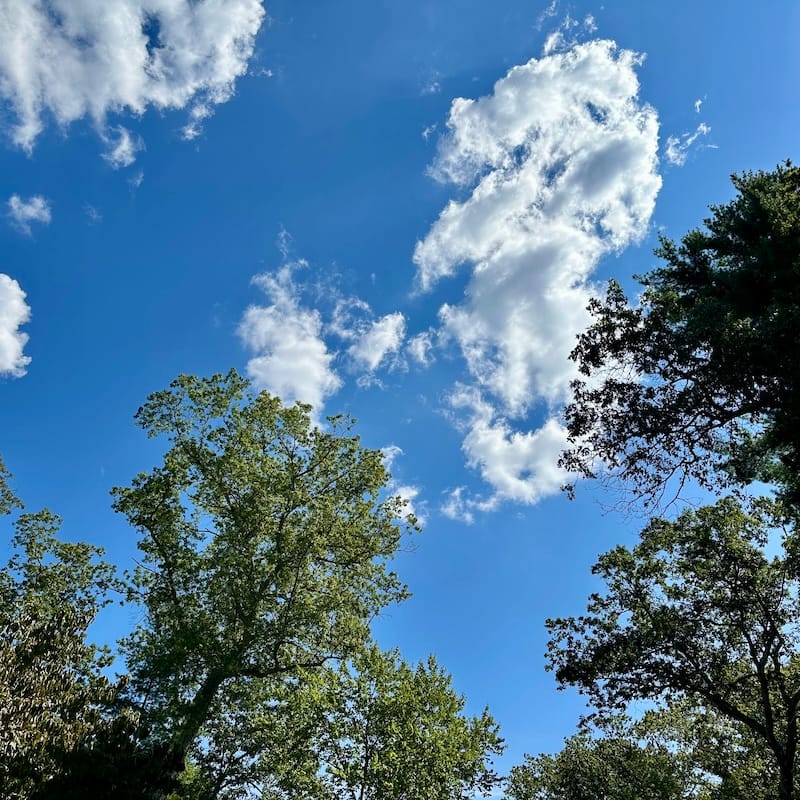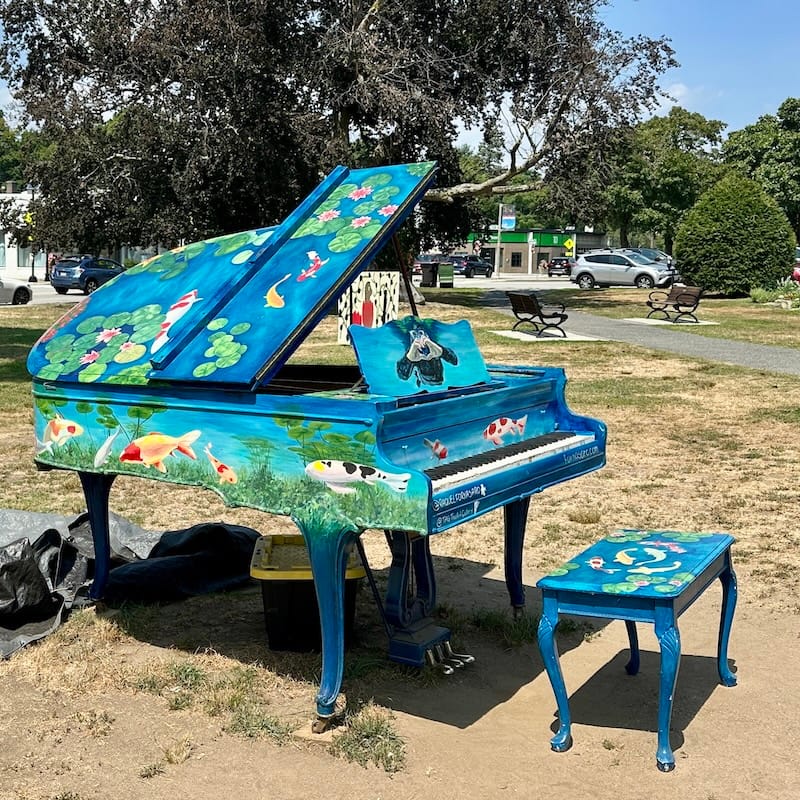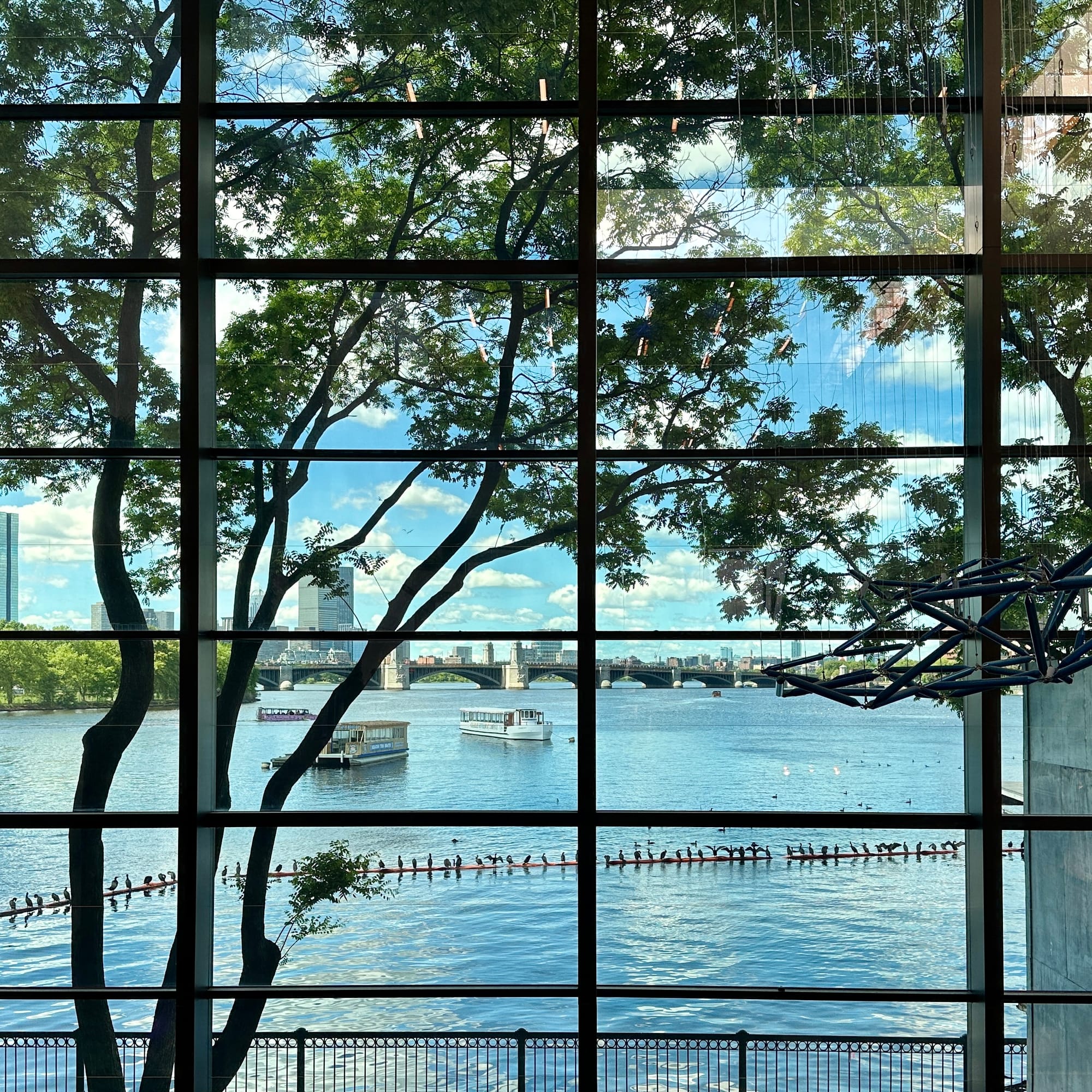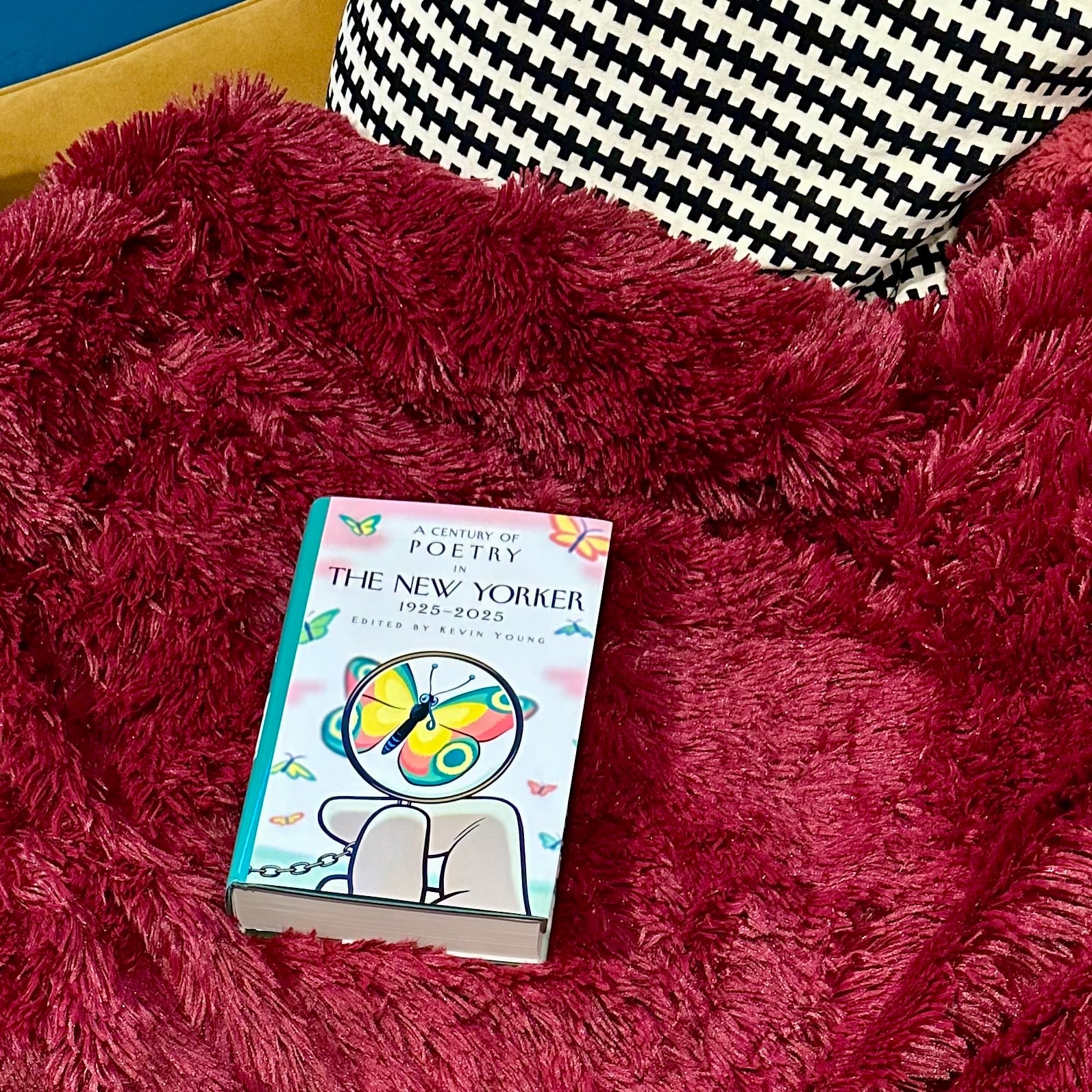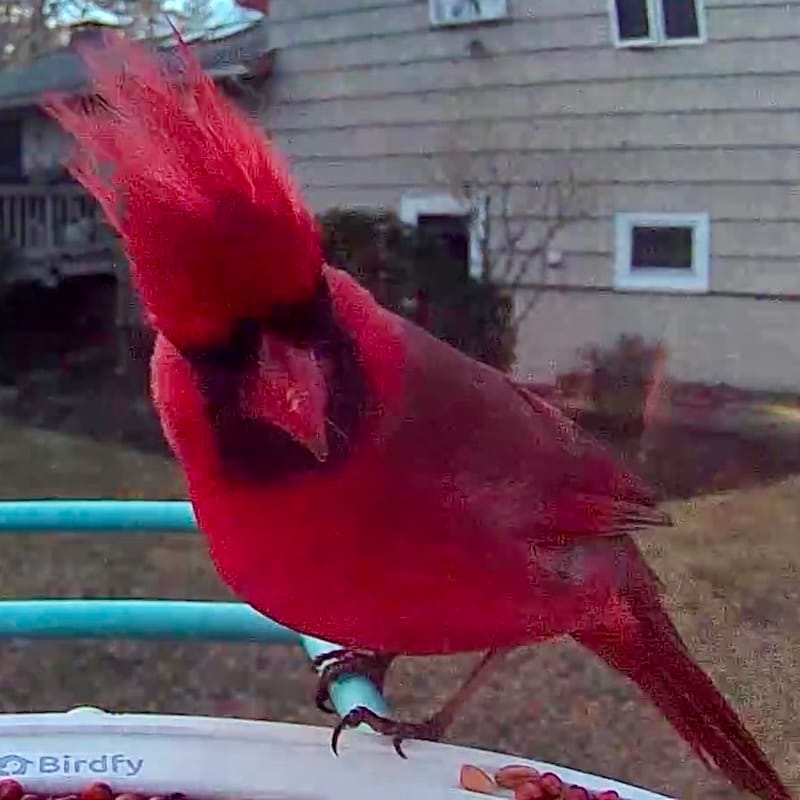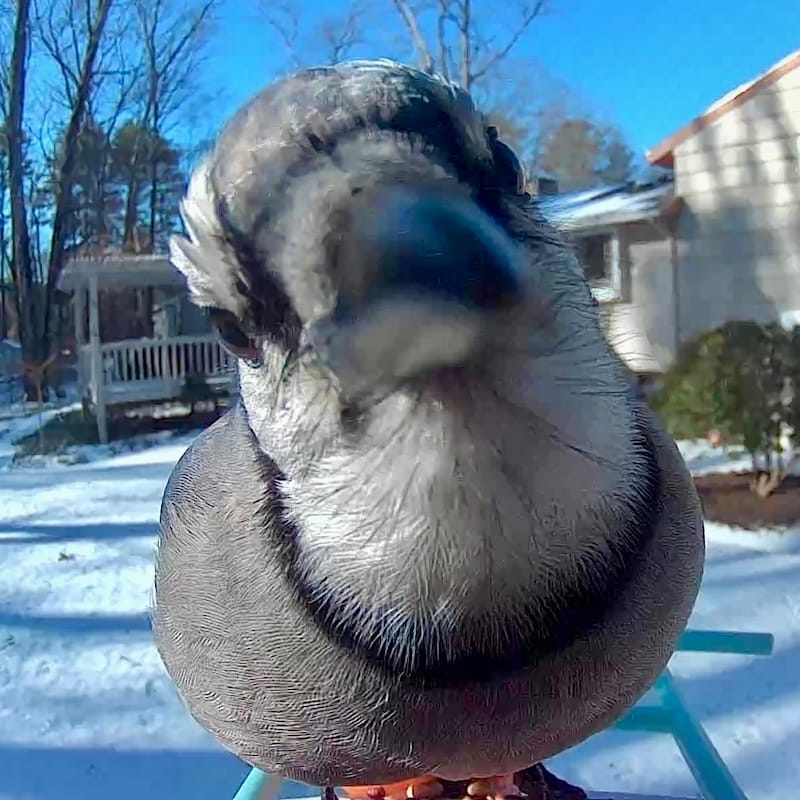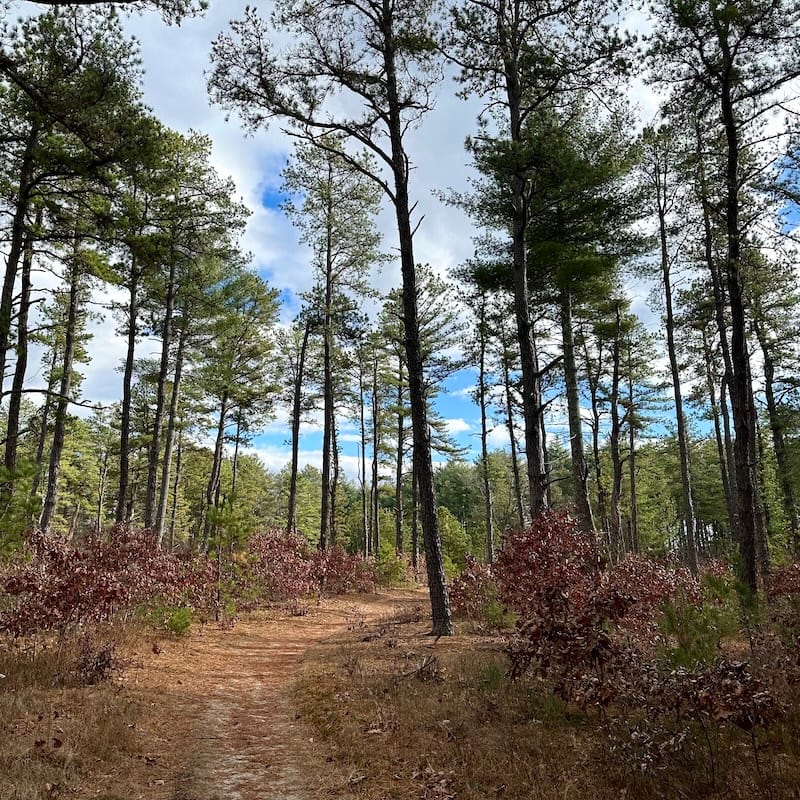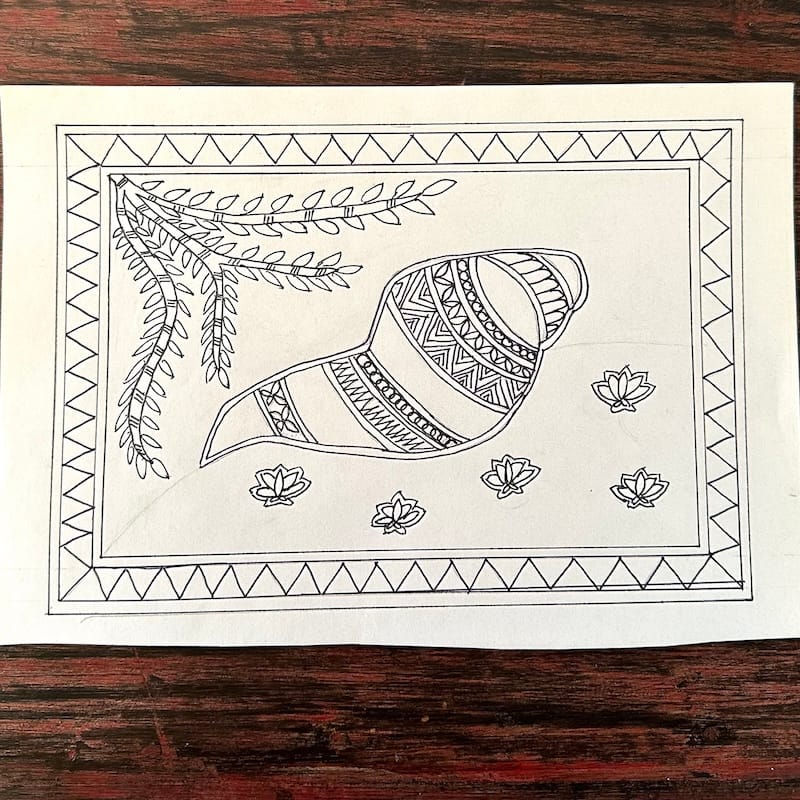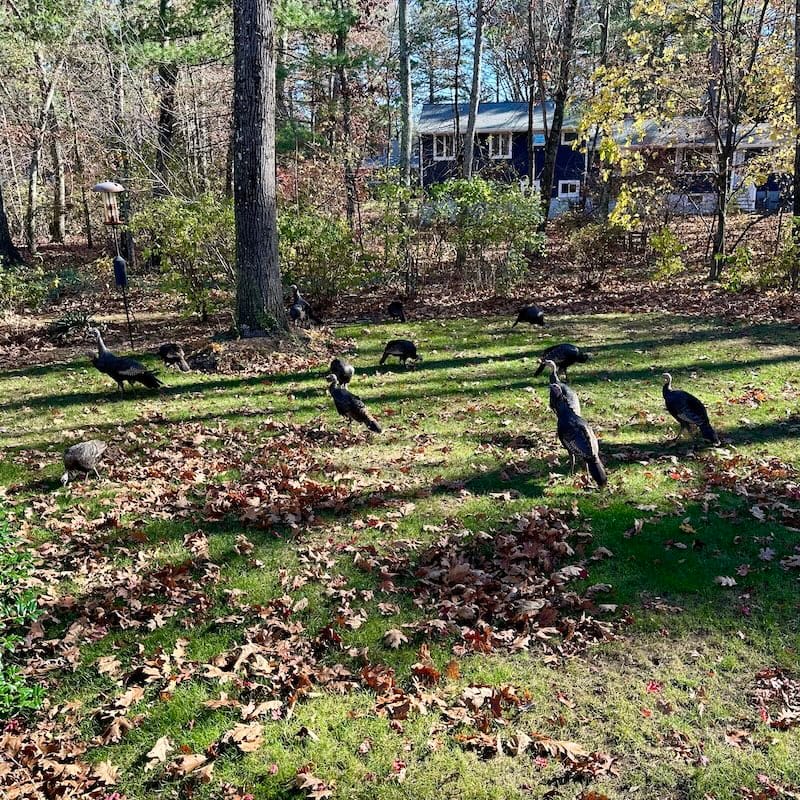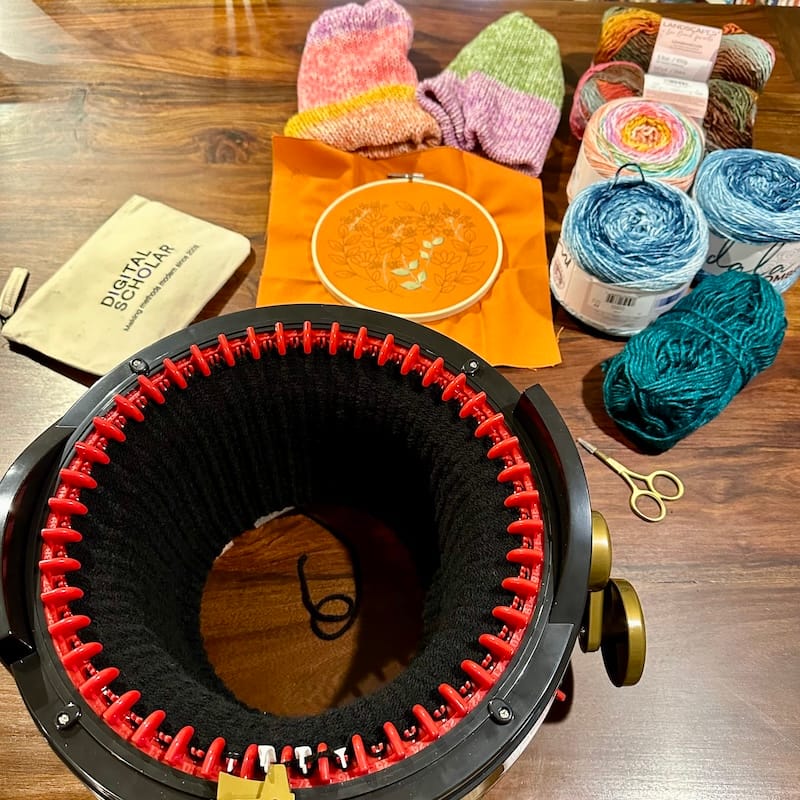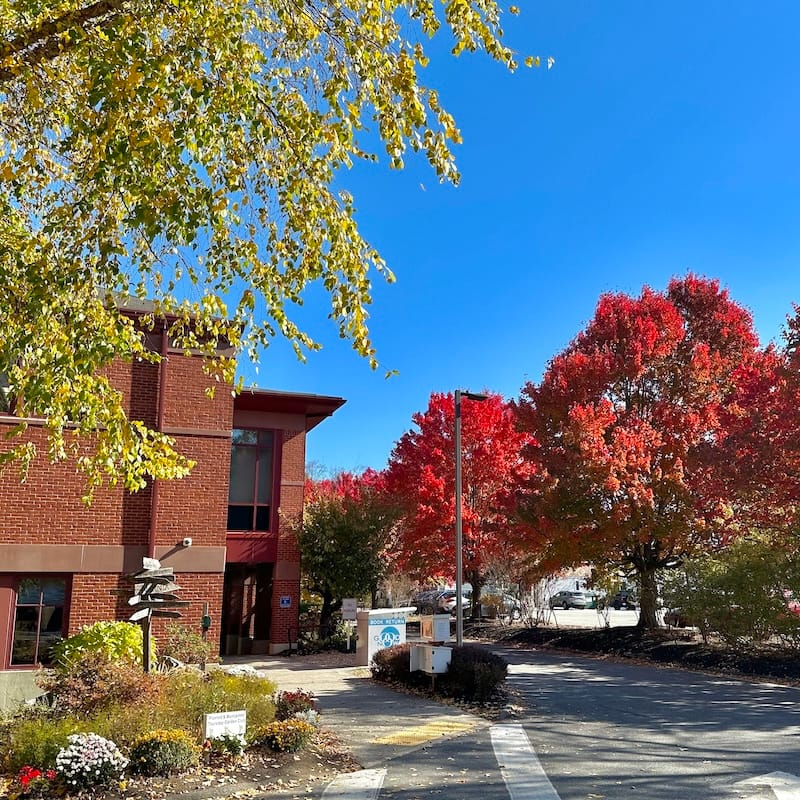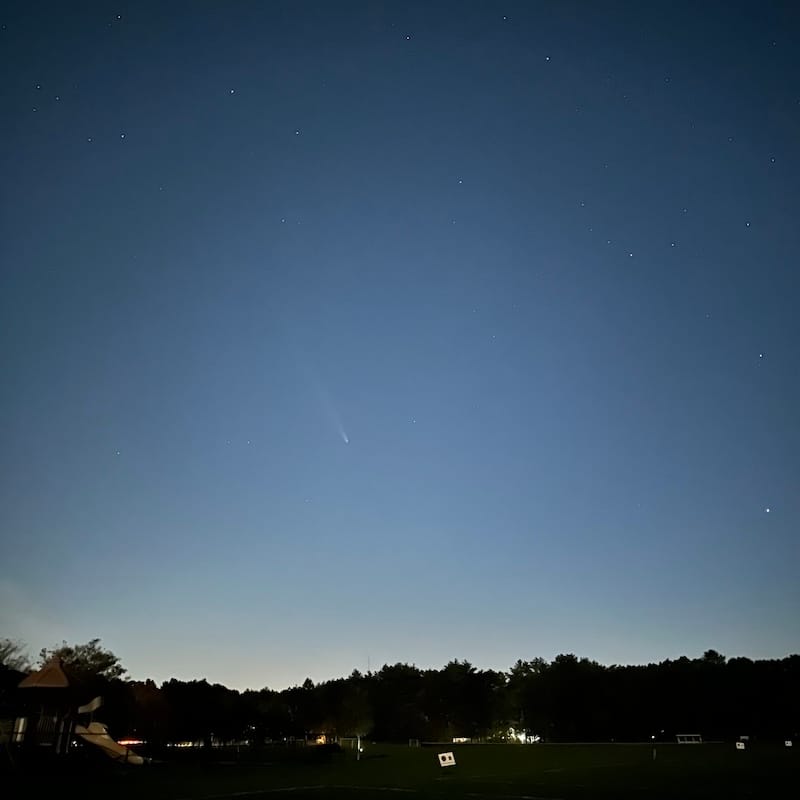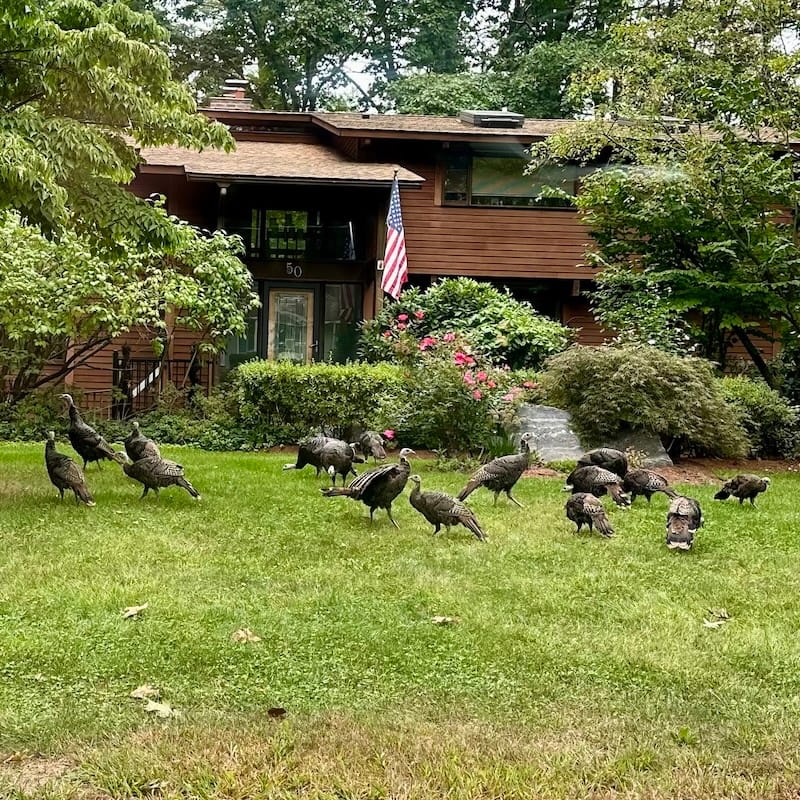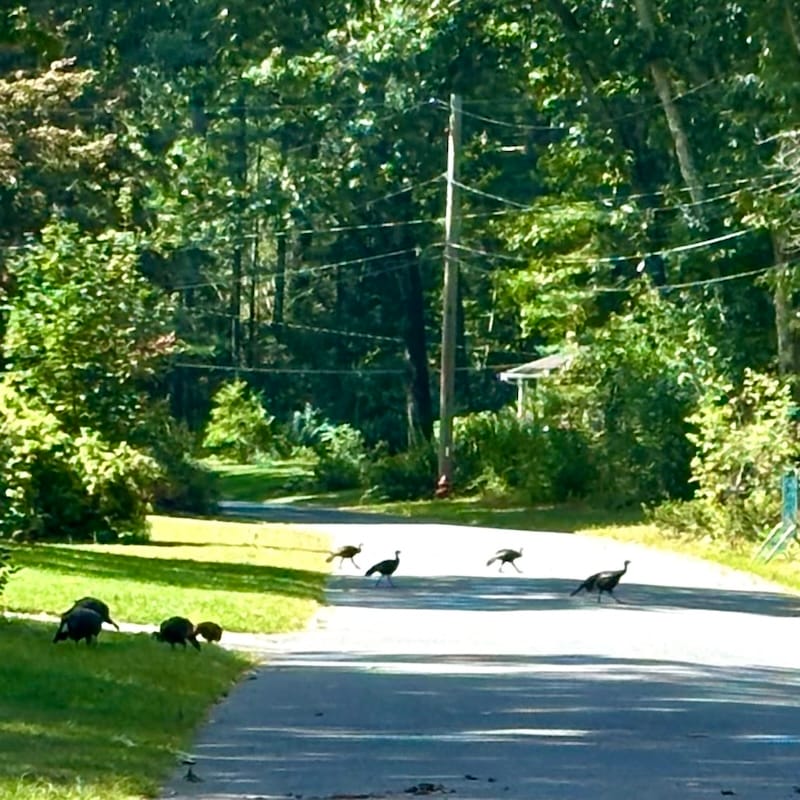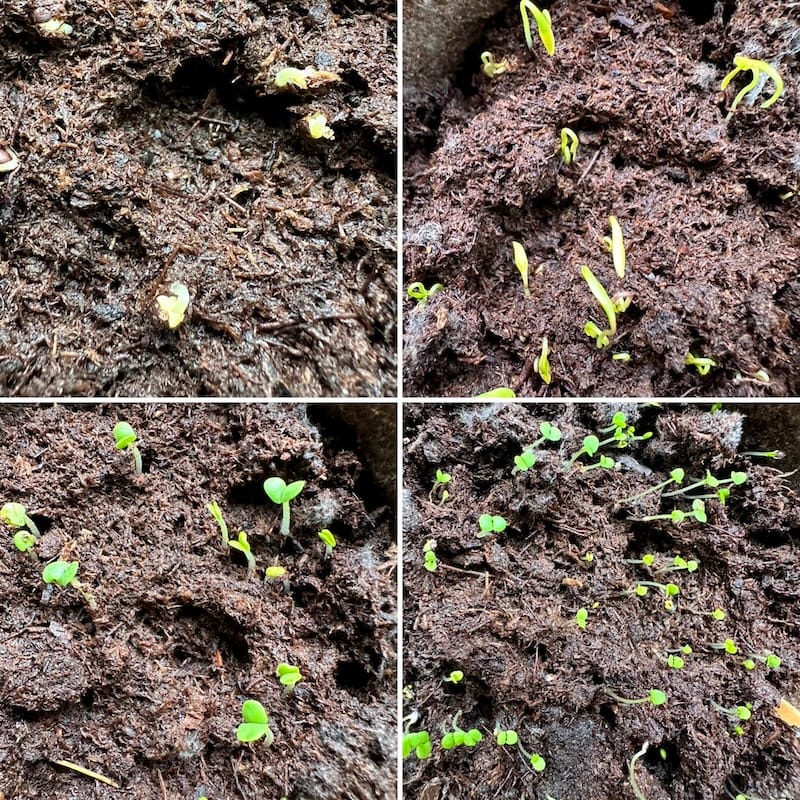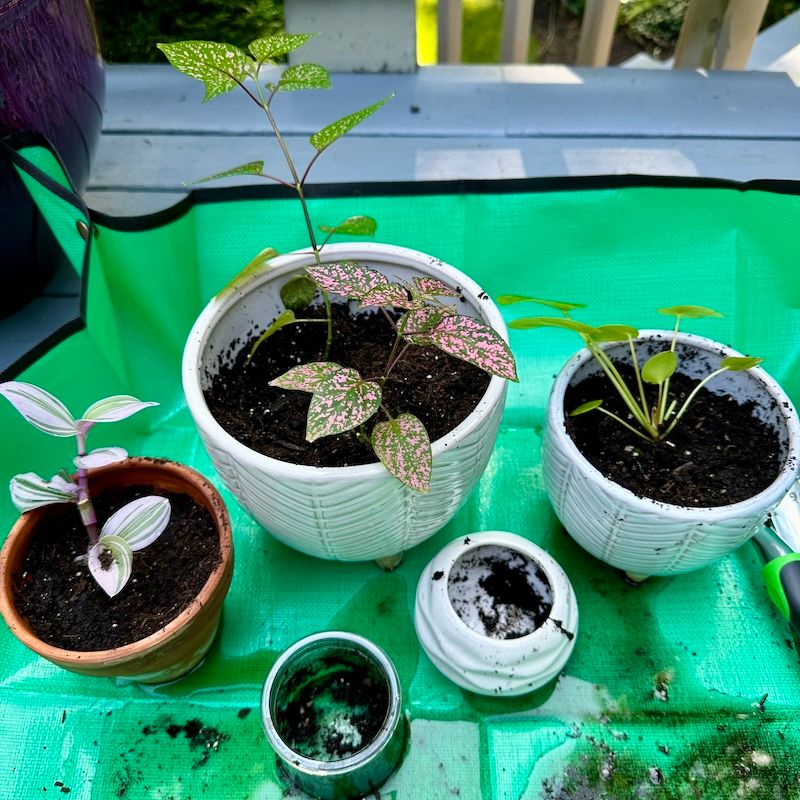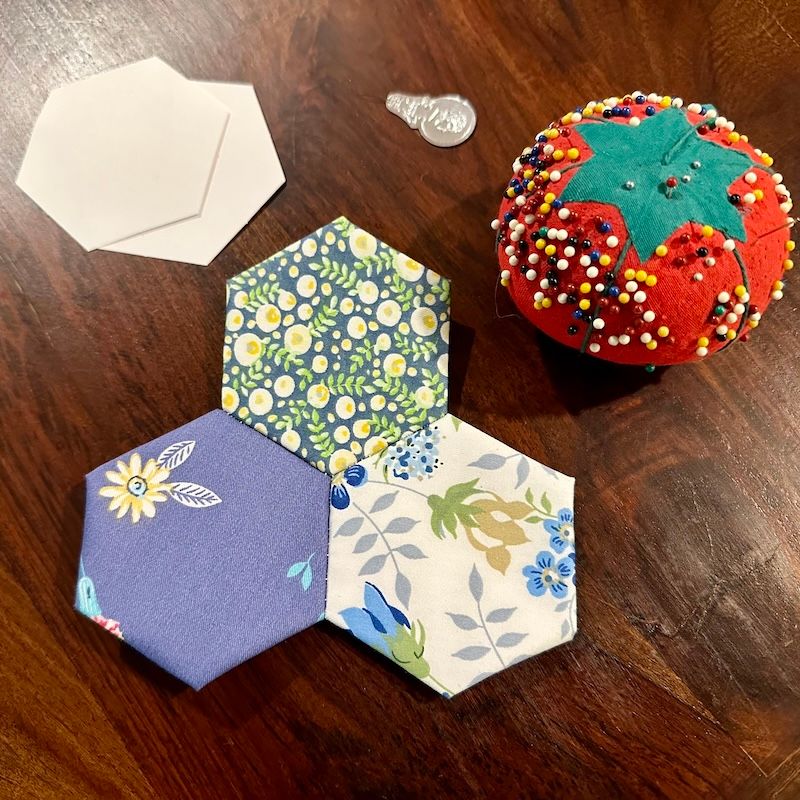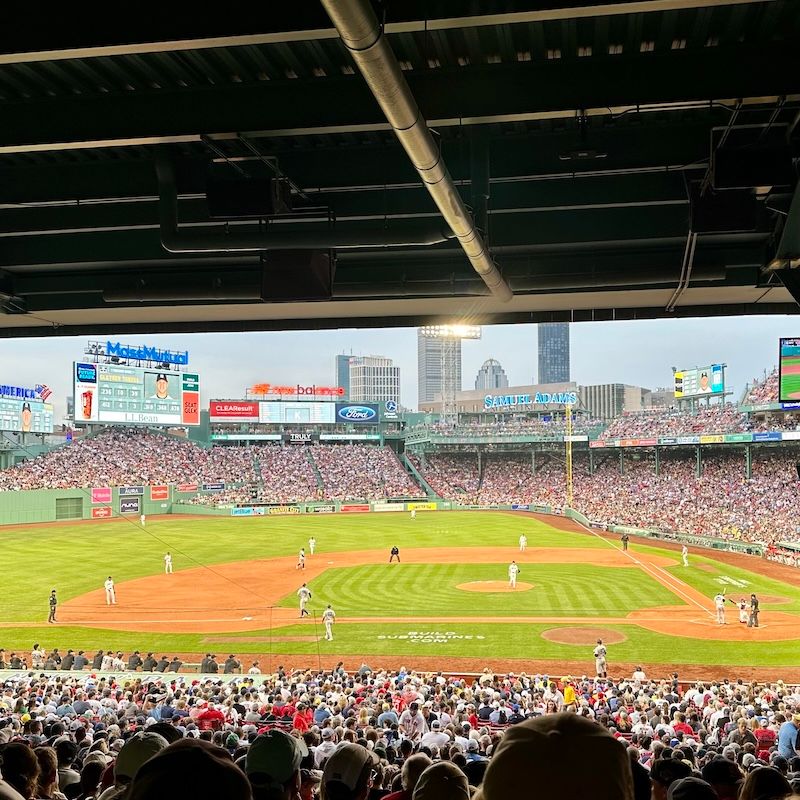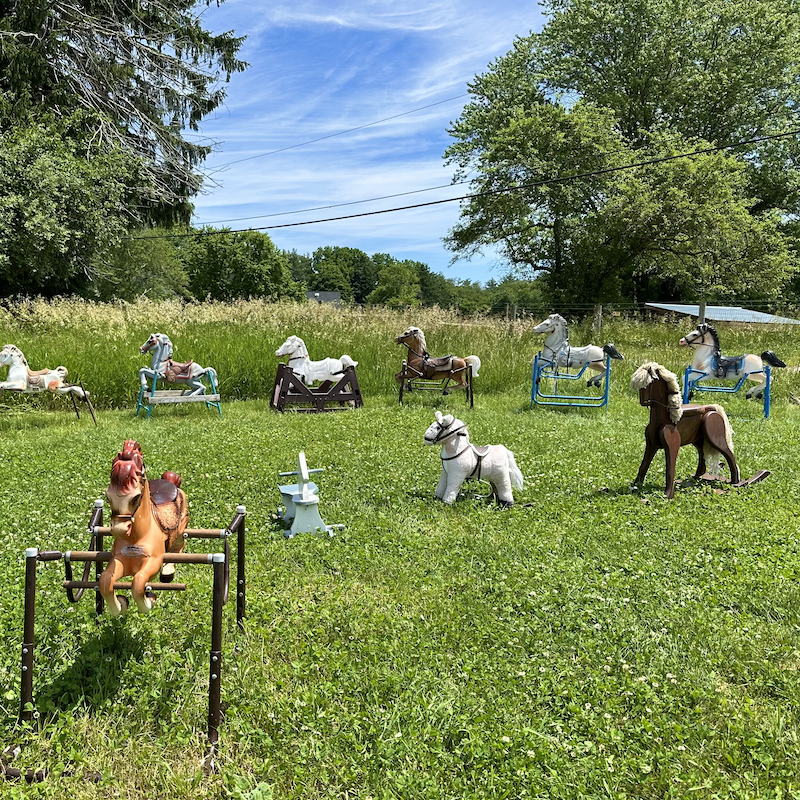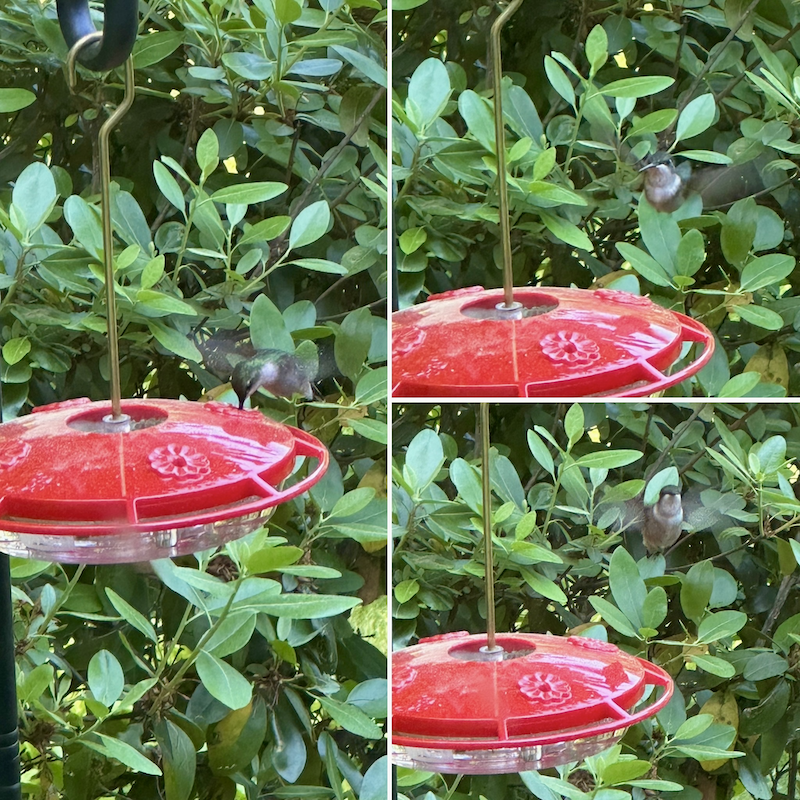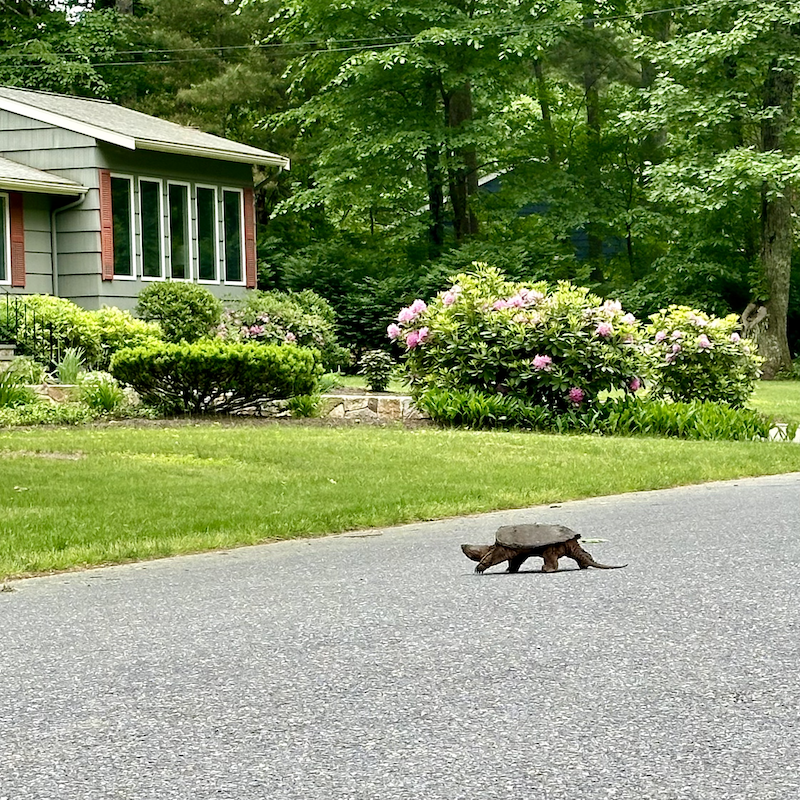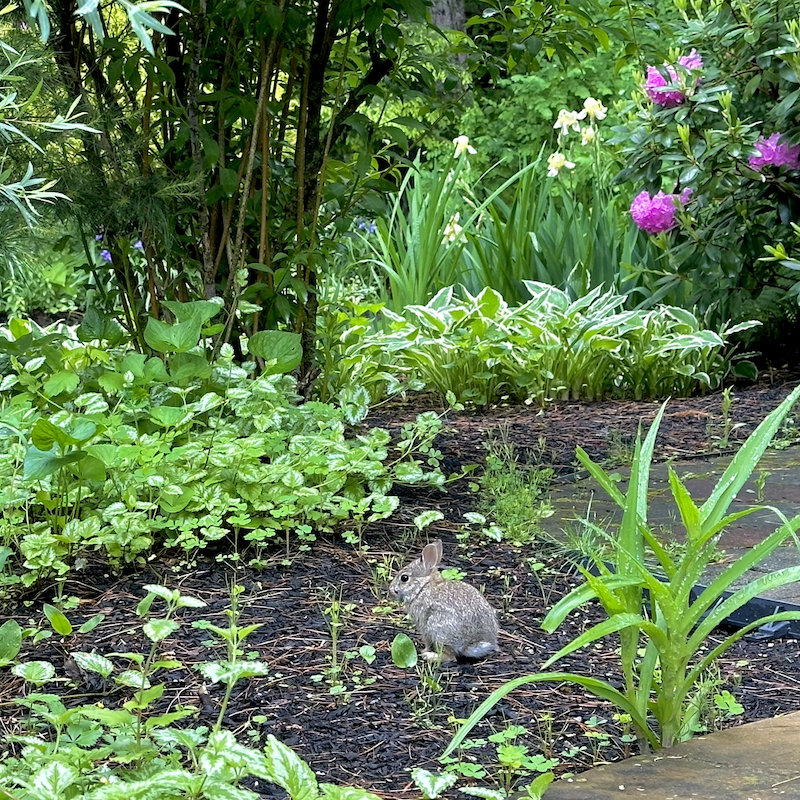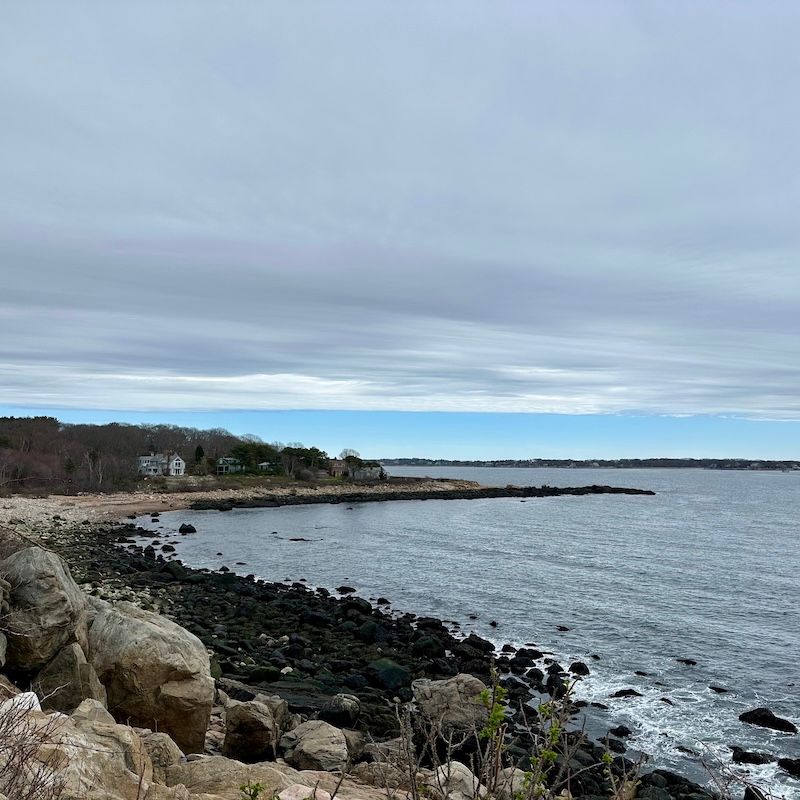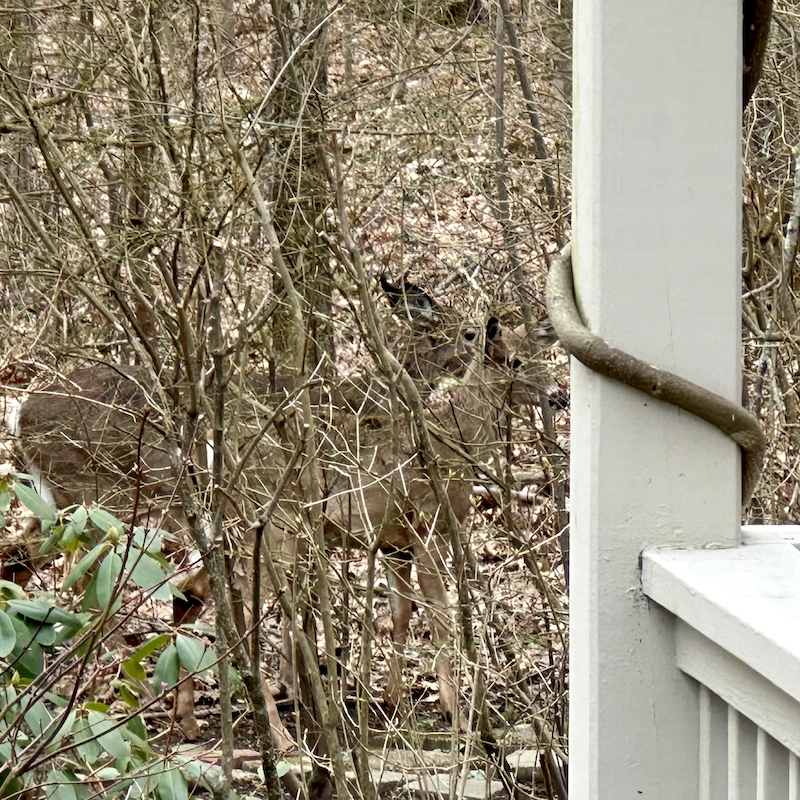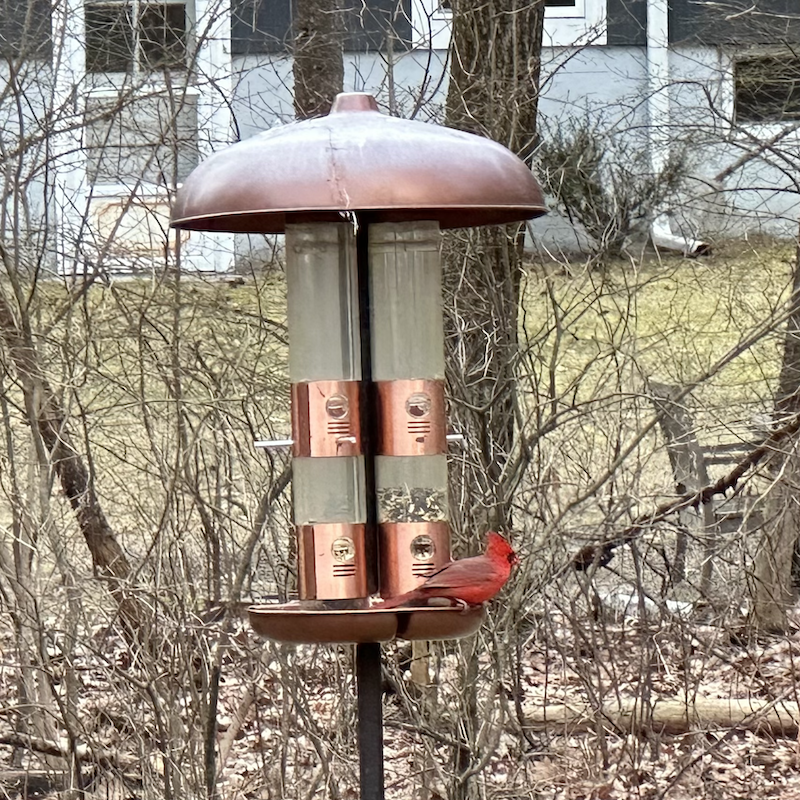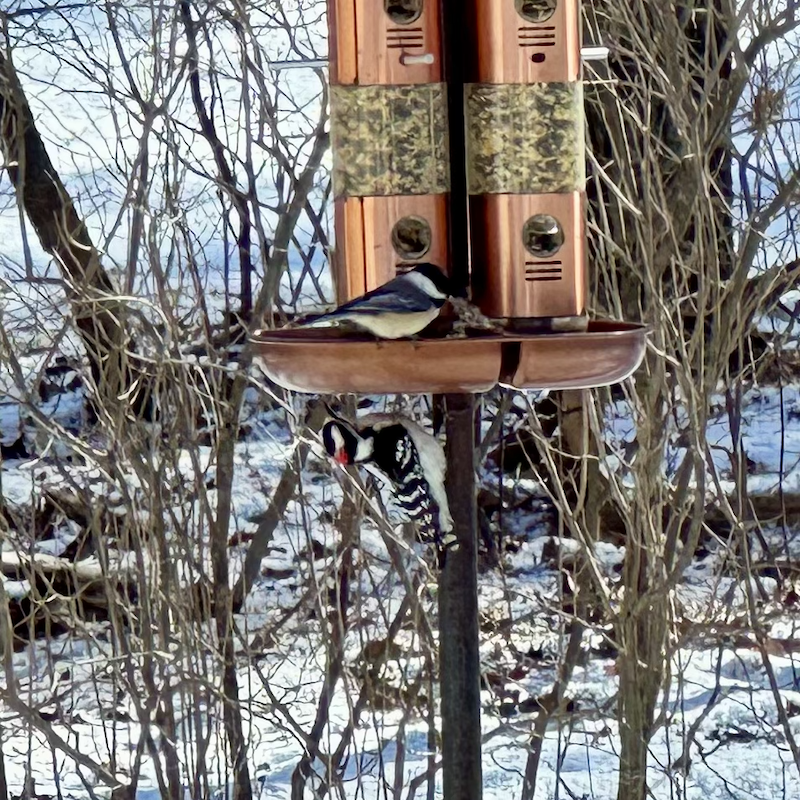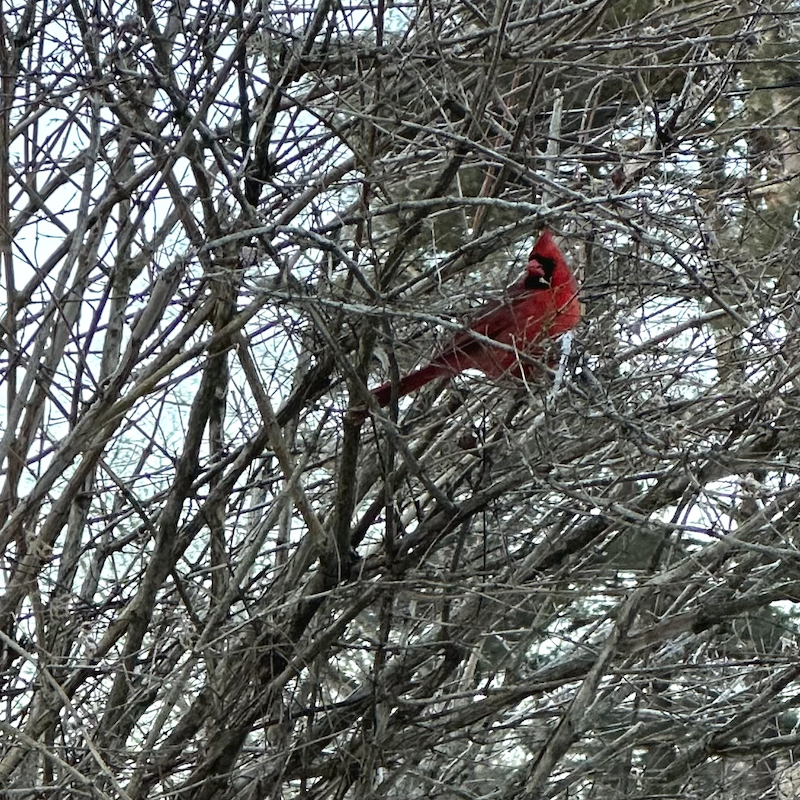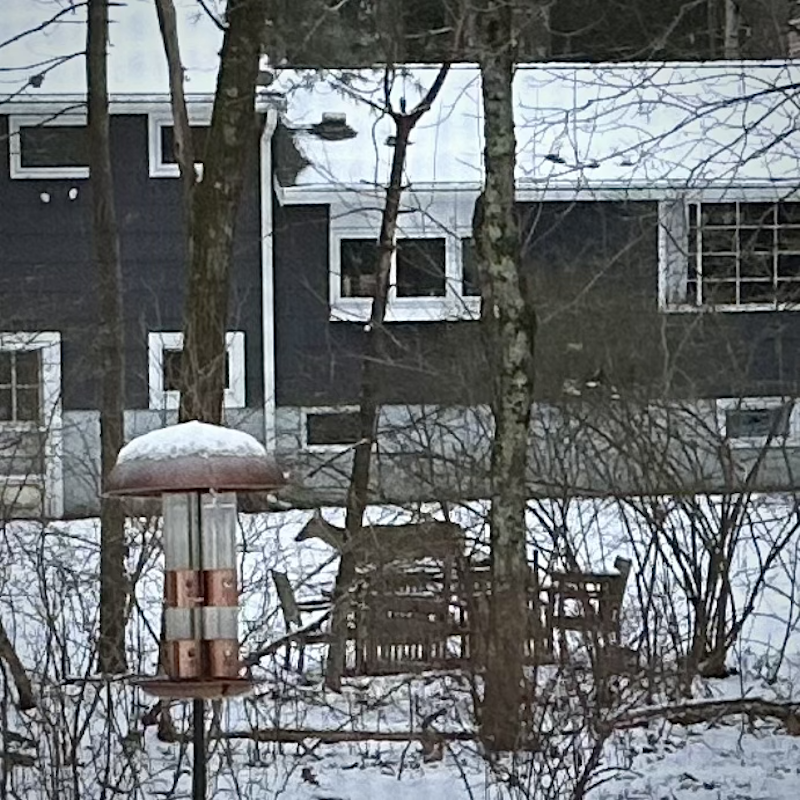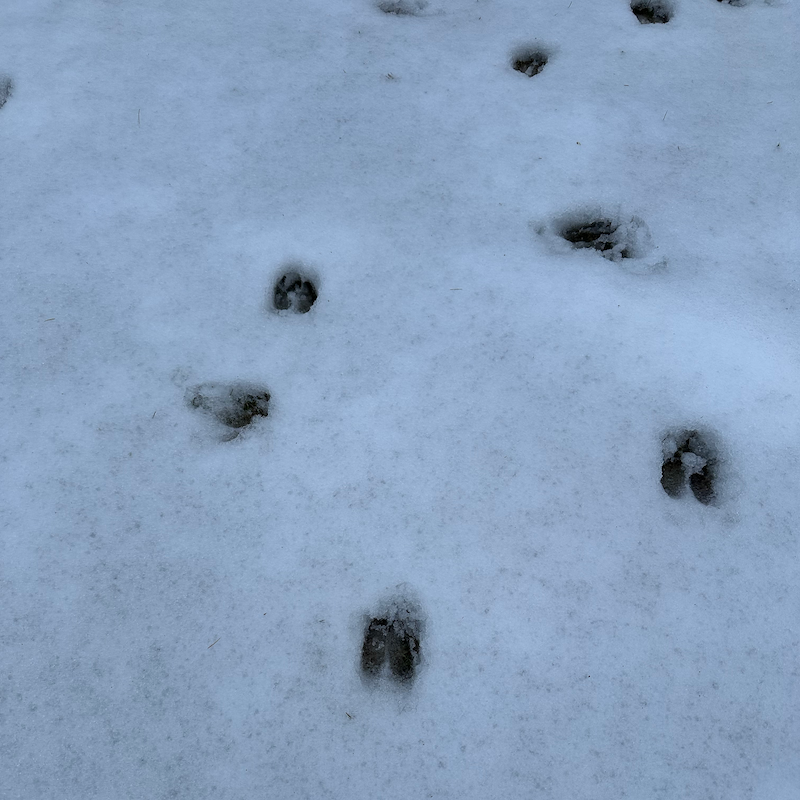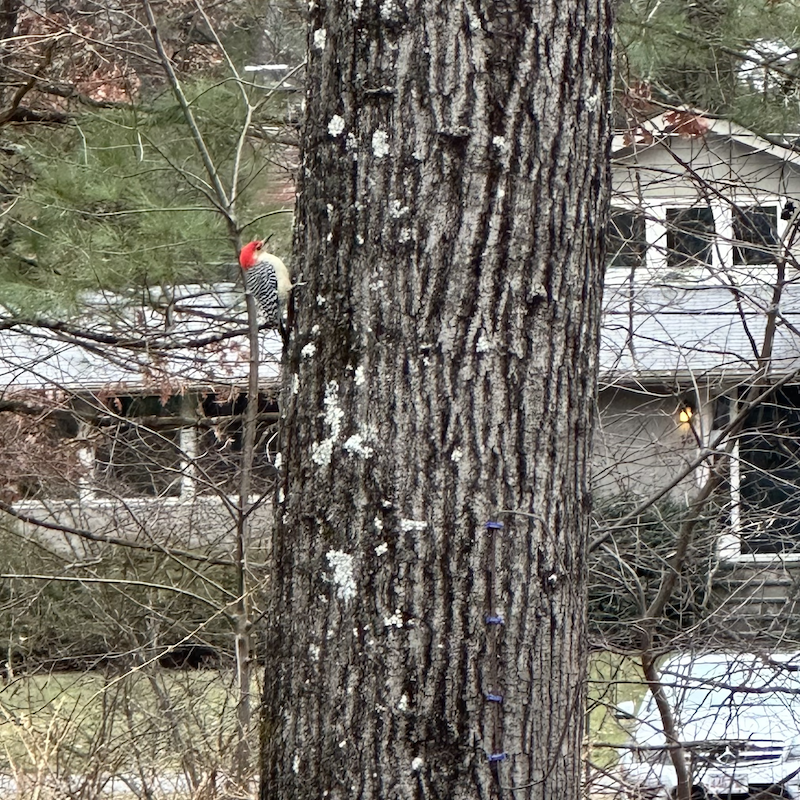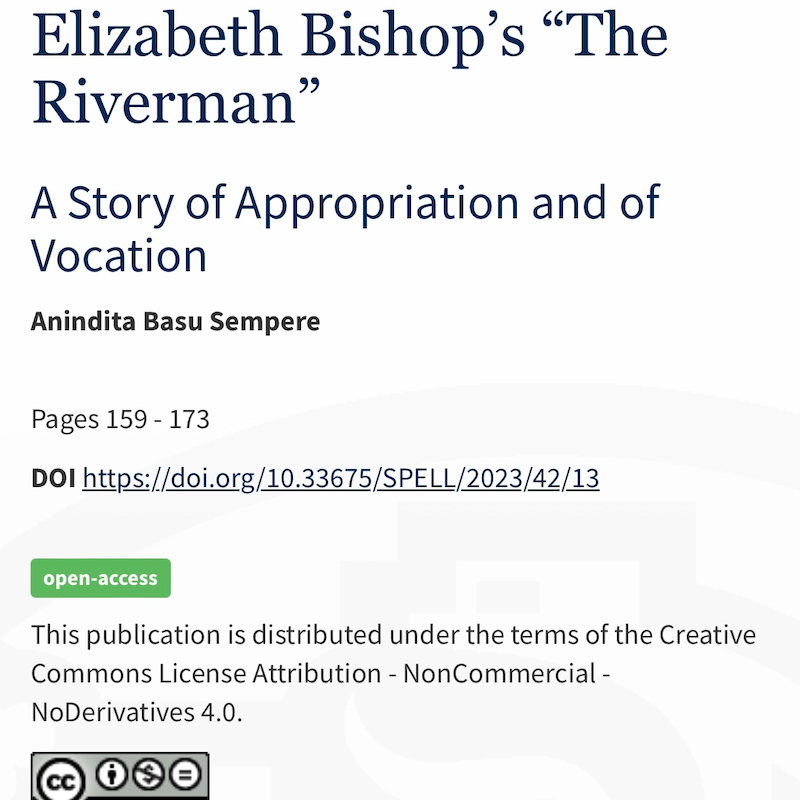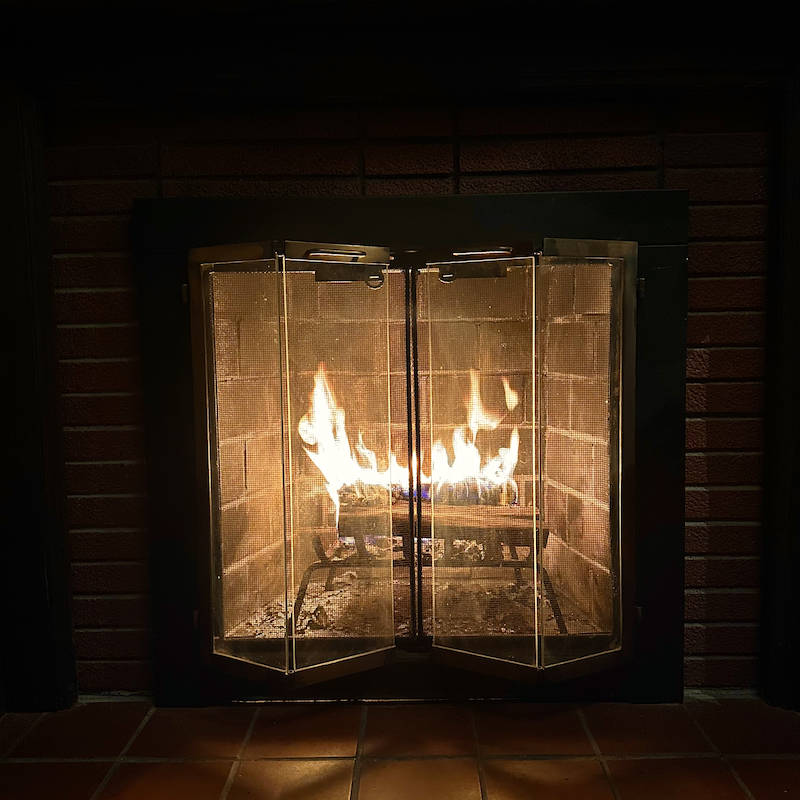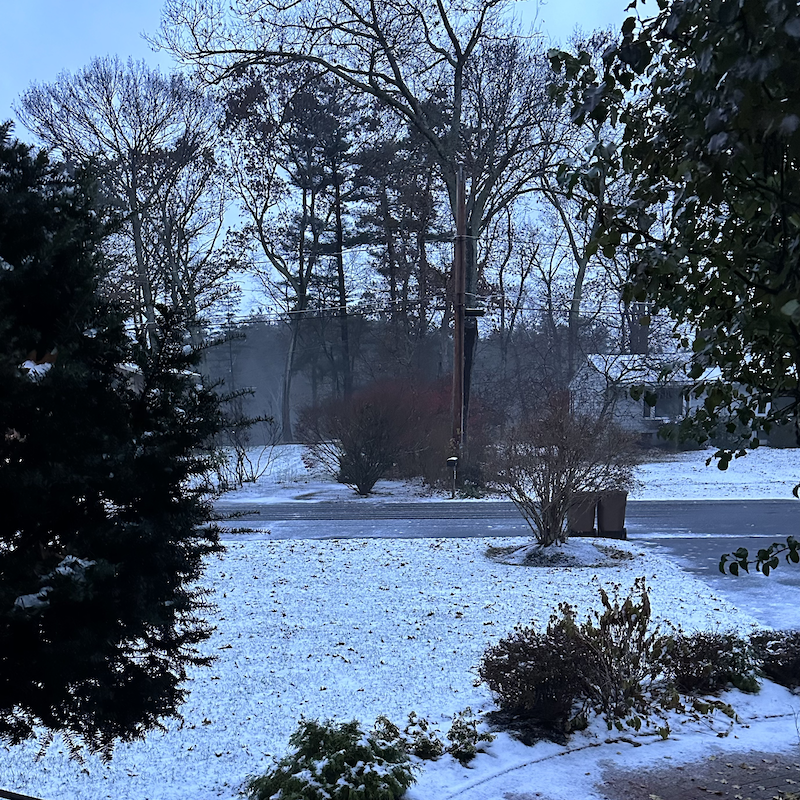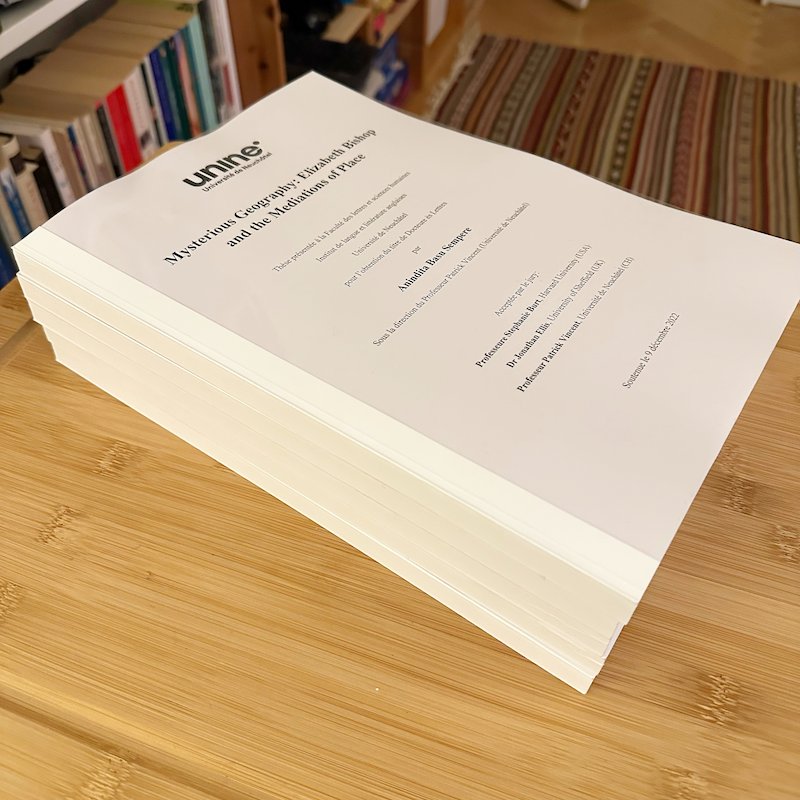
March 11, 2023
Something I thought about:
- Mostly I was focused on deadlines and making sure that I would be able to get my dissertation to the library by my deadline. I didn’t know that our printing office is just one person or that he’d be away for a week just when the semester had started, so my plan of finishing this a week early turned into a rather hectic few days. Mostly I did a lot of formatting and running around, but it all got done in the end, and I am officially, completely done. I have a piece of paper that says so!
Something I did:
- Worked with the university printer to finalize my dissertation.
- Deposited one digital and three physical copies of my dissertation to the Humanities library. This was the actual final step of my doctorate, so I can now use my title! Also, the library moves extremely quickly, so my dissertation can already be checked out! How cool is that?
- Received a certificate of completion that says I’m done (until the end of the year, when I’ll get the actual diploma).
- Taught.
- Sent feedback on dozens of student presentation proposals.
- Threw a birthday party.
Something I read:
- I enjoyed Jenny O’Dell’s book How to Do Nothing and was looking forward to her new one. Parul Sehgal wrote a tough but interesting review. Others have been more positive. I still plan to read it but found the critiques to be interesting.
- Braiding Sweetgrass by Robin Wall Kimmerer
- This quote came up in the DH slack and is just so good. From Jessica Otis, DHSI 2021, "Managing the Digital Backlist: Sustaining, Preserving, and Deleting Old Projects":
"But first, I want to start out with a hypothesis, that we've been using the wrong metaphor. DH projects are not books... they're cars.
Expensive, resource-intensive status symbols with a practical purpose often supplemented by all the latest bells and whistles and attempts by creators to push the envelope of what's possible. And after you make a big initial investment to get one, there's only gas and nominal registration fees for the license plates, and they drive along fine for five or seven years – just long enough for that extended warranty the dealer convinced you to buy to expire -- then start to break down in increasingly dramatic ways that are increasingly expensive to fix. And at some point that car will either become a classic, worthy of preserving at whatever the cost, or it'll become too expensive to fix and take a one-way trip to the scrapyard.
Now tell me that doesn't sound like a DH project, from the big initial grant to build it, to the ongoing hosting costs and annual registration fee for the domain, to the 5-7 year timeline before things start to break and some become classics, and some vanish from the internet."
And if we think about them as cars, rather than books, it can help us begin to readjust our and others' ideas about how long they should survive and how we might care for them, transform them, and maybe eventually shut them down."


